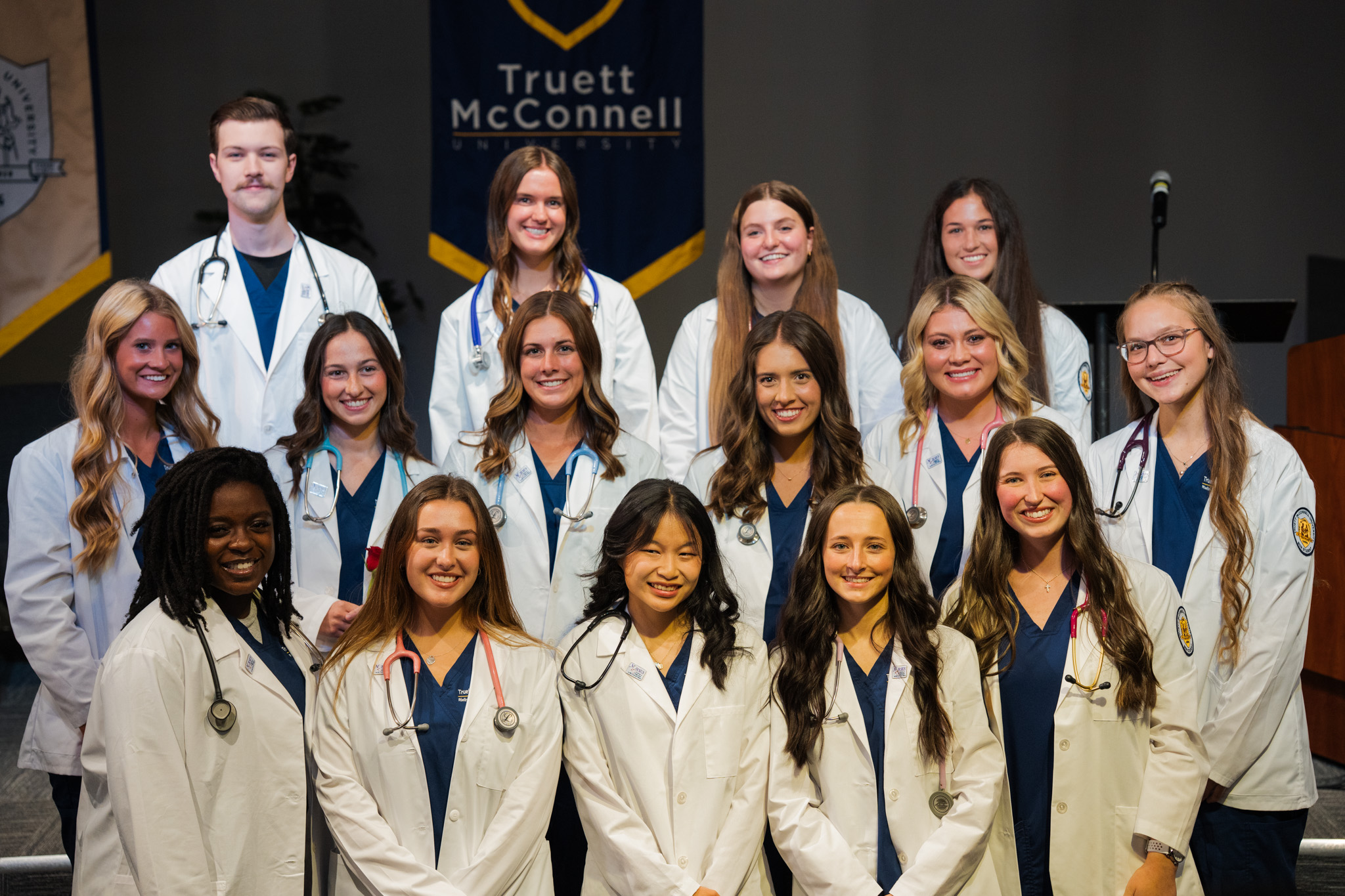What Can I Do with a Bachelor’s Degree in Psychology?
A Bachelor of Science in Psychology is a versatile and valuable foundation for diverse career paths. Focusing on the study of human behavior, thought processes, and emotions, a psychology degree will prepare you for fields ranging from counseling and ministry to education and business.
For students pursuing psychology within a Christian framework, a BS in Psychology also offers the unique opportunity to integrate biblical principles with the science of psychology to serve others and promote mental and spiritual well-being.
What Will You Learn in a Bachelor of Science in Psychology Program
Psychology is the scientific study of the mind and behavior. A Bachelor of Science in Psychology provides students with a solid understanding of key concepts such as cognitive processes, emotional regulation, developmental stages, and interpersonal dynamics.
Many students ask, “What can I do with a BS in Psychology?” While some associate psychology with counseling or clinical practice, the skills acquired through this program—critical thinking, empathy, communication, and research—are highly transferable and valuable across many different industries.
Christian psychology emphasizes a holistic approach to mental health, recognizing the interconnectedness of the mind, body, and spirit. Graduates trained in this perspective are uniquely prepared to address not only psychological challenges but also spiritual and moral concerns, offering hope and healing rooted in God’s truth.
What Jobs Can I Get with a Bachelor’s in Psychology?
A bachelor’s in psychology can prepare graduates for entry-level roles in diverse fields. While some positions may require additional education or certifications, many rewarding careers are accessible with this degree alone:
- Mental health services: Graduates can work as behavioral health technicians, case managers, or psychiatric aides, supporting individuals facing mental health challenges in collaboration with licensed counselors or therapists.
- Human resources: A BS in Psychology equips graduates with insights into human behavior, making them valuable in roles such as recruitment, employee training, or organizational development.
- Social services: Roles in social services, such as family support workers or child protection specialists, provide opportunities to advocate for and assist vulnerable populations.
- Youth ministry and counseling: For those passionate about combining psychology and Christianity, roles in youth ministry or Christian counseling can help guide young people through spiritual and emotional challenges.
Educational support: Graduates can pursue roles as school support staff, including academic advisors, special education aides, or career counselors.
Expanding Career Possibilities Beyond Traditional Psychology
A common question is, “What can I do with a bachelor’s degree in psychology beyond mental health roles?” The skills you gain through the study of psychology make this one of the most versatile and popular degree programs. Many bachelor’s in psychology graduates apply their learning in fields such as:
- Business and marketing: Understanding consumer behavior and decision-making processes positions psychology graduates for roles in market research, sales, and public relations.
- Law enforcement and criminal justice: A background in psychology is beneficial for positions such as probation officers, victim advocates, or forensic assistants.
- Mission work: Psychology graduates grounded in biblical psychology can serve as missionaries, offering spiritual and emotional support to communities worldwide.
Entrepreneurship: Equipped with insights into human behavior, graduates can launch ventures like coaching services, wellness programs, or faith-based initiatives that promote mental health.
Pursuing Advanced Opportunities
While a BS in Psychology opens many doors, pursuing advanced education can lead to additional career options. Graduates may consider master’s or doctoral programs in areas such as:
- Clinical psychology: Advanced degrees are required to become licensed psychologists or therapists.
- Counseling: Specializations in marriage and family therapy, school counseling, or substance abuse counseling allow graduates to focus on specific populations.
Theology and pastoral counseling: Combining psychology with advanced theological training prepares graduates for leadership roles in ministry.
The Role of Faith in Christian Psychology Careers
One of the defining aspects of pursuing psychology from a biblical perspective is the ability to address mental health within the framework of God’s truth. Christian psychology emphasizes understanding human identity and purpose through God’s design.
For instance, Christian counselors may use Scripture alongside therapeutic techniques to address anxiety, depression, or relationship issues. Those in ministry roles can provide pastoral care that nurtures both mental and spiritual well-being. By integrating psychology and Christianity, graduates become vessels for God’s love, bringing hope and healing to those in need.
Discover What You Can Do With a BS in Psychology From TMU
The Bachelor of Science in Psychology program at Truett McConnell University blends a biblical worldview with psychological principles to equip you for impactful and diverse careers. Through a curriculum rooted in both faith and science, you’ll gain a deep understanding of human behavior while developing the skills to serve others with compassion and integrity.
Our BS in Psychology offers concentrations in:
- General Psychology
- Clinical and Counseling Psychology
- Development, Marriage, and Family Psychology
- Neuroscience
- Social Services
Learn beyond the classroom with research practicums, internships, and service opportunities, gaining real-world experience and practical skills for your chosen career path. You’ll also receive personalized mentorship from dedicated faculty in a supportive environment that fosters academic excellence and spiritual growth.
Learn more about TMU’s Bachelor of Science in Psychology and join a Christ-centered community that equips you to integrate faith into your career and positively influence the lives of others.
Return to Blog Archive
